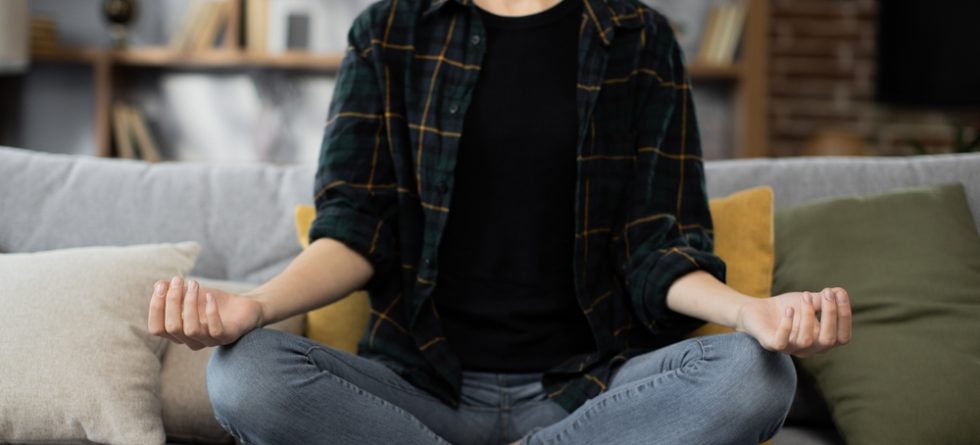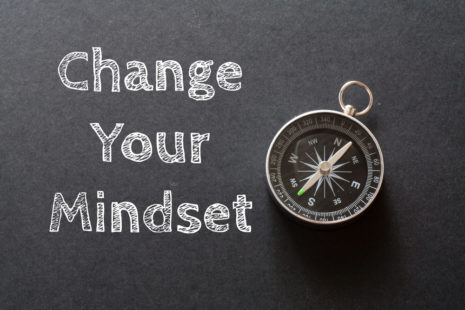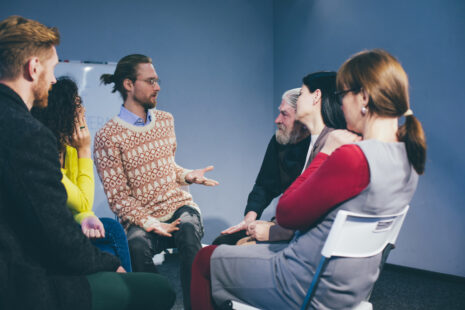There are several strategies and techniques you can try for immediate anxiety relief. These suggestions are not substitutes for professional medical advice or treatment, especially for chronic or severe anxiety. If you’re experiencing significant or persistent anxiety, it’s essential to consult with a healthcare professional.
Some Immediate Techniques For Anxiety Relief
- Deep Breathing: Deep, slow breathing can help reduce anxiety symptoms. Try inhaling deeply for a count of four, holding your breath for a count of four, and then exhaling slowly for a count of four. Repeat several times.
- Mindfulness Meditation: Focusing on the present moment can help reduce anxiety. Mindfulness involves observing your thoughts and feelings without judgment.
- Progressive Muscle Relaxation: This involves tensing and relaxing different muscle groups. This can reduce anxiety and promote physical relaxation.
- Physical Activity: Exercise can release endorphins, which are natural stress relievers. Even a short walk or some gentle stretching can help.
- Distraction Techniques: Engaging in an activity that occupies your mind can help take it off anxious thoughts. This could be something like reading, drawing, or listening to music.
- Aromatherapy: Some people find relief in using essential oils like lavender or chamomile, either in a diffuser or applied topically (with a carrier oil).
- Grounding Techniques: Techniques like the “5-4-3-2-1” method can help ground you in the present. Identify five things you can see, four things you can touch, three things you can hear, two things you can smell, and one thing you can taste.
- Herbal Teas: Some herbal teas like chamomile, peppermint, or green tea can be calming.
- Positive Affirmations: Repeating positive and reassuring phrases to yourself can help combat negative thoughts.
- Writing or Journaling: Expressing your thoughts and feelings in writing can provide an outlet for your anxiety.
These are immediate coping strategies and may not address underlying causes of anxiety. A healthcare professional should guide long-term treatment, which may include therapy, medication, or lifestyle changes. If you’re considering any herbal supplements or if you’re already taking medication, consult with a healthcare provider to avoid any potential interactions.





